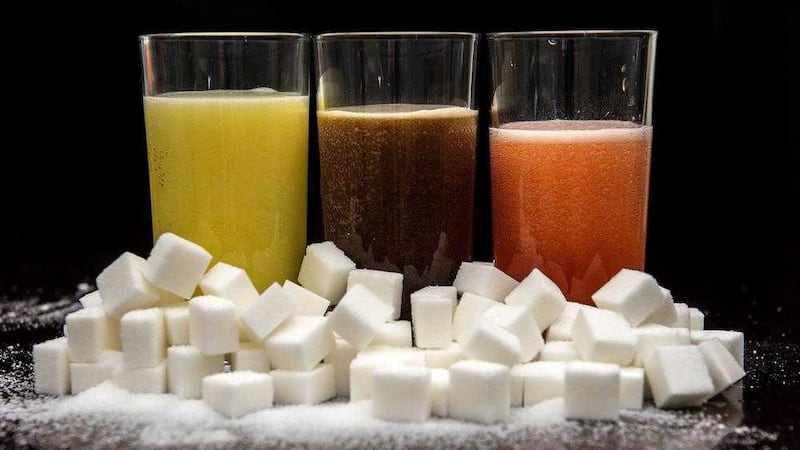AT the start of the year the chancellor talked about a cocktail of risks impacting on the UK economy. It is therefore not surprising that he has downgraded his economic growth forecasts for the years ahead - revised down for 2016 to 2 per cent compared with 2.4 per cent at the time of the autumn statement for 2015 and 2016, and revised down to 2.2 per cent in 2017 and 2.1 per cent in each year after that. But a more marked slowdown will complicate the fiscal arithmetic and make a difficult situation even more challenging.
The public finances also remain challenging. While public sector borrowing for 2015/16 was slightly below forecast, at £72 billion, the chancellor announced the government would borrow an additional £36bn over the next three years. Once again, he signalled a surplus in 2019/20 of some £10bn, in line with his fiscal mandate. It is clear that austerity is going to be with us for the next five years, with significant additional spending cuts required in later years. The chancellor is aiming for a further £3.5bn of savings in 2019-20.
Some of the more eye-catching measures announced include the planned reduction in corporation tax. The chancellor is a serial corporation tax rate cutter. The headline rate will now be lowered from a planned 18 per cent to 17 per cent by 2020. However, this gain is more than off-set by significant corporation tax reforms, particularly for multi-national companies, which will bring in a large amount of new revenue.
As expected, income tax thresholds for lower and middle income earners were raised. The personal allowance will increase to £11,500 by April 2017 while the threshold at which the 40 per cent income tax band applies will be raised to £45,000 in two years.
Perhaps surprising was the chancellor’s decision not to increase fuel duty - this was frozen for the sixth year in a row. Duty on beer and some spirits was also frozen. He is perhaps keeping this revenue-raising measure up his sleeve for further down the line when he needs it more. Tax rises in this budget included an increase in insurance premium tax (this follows a significant hike back in November). Meanwhile taxes to be cut included capital gains tax which will be cut to from 28 per cent to 20 per cent for higher rate tax payers and 18 per cent to 10 per cent for basic rate tax payers. This excludes residential property.
The biggest headline grabber however was the announcement of a sugar tax – that is a levy on manufacturers of sugary soft drinks. This aims to raise £520m in a two-part levy on companies – one for total sugar content above 5g per 100ml and one for drinks with more than 8g per 100ml. This will provide additional money for schools to spend on PE and sport and to tackle obesity. The chancellor will be hoping that a spoonful of sugar tax helps the austerity go down.
- Richard Ramsey is Northern Ireland chief economist at Ulster Bank.








